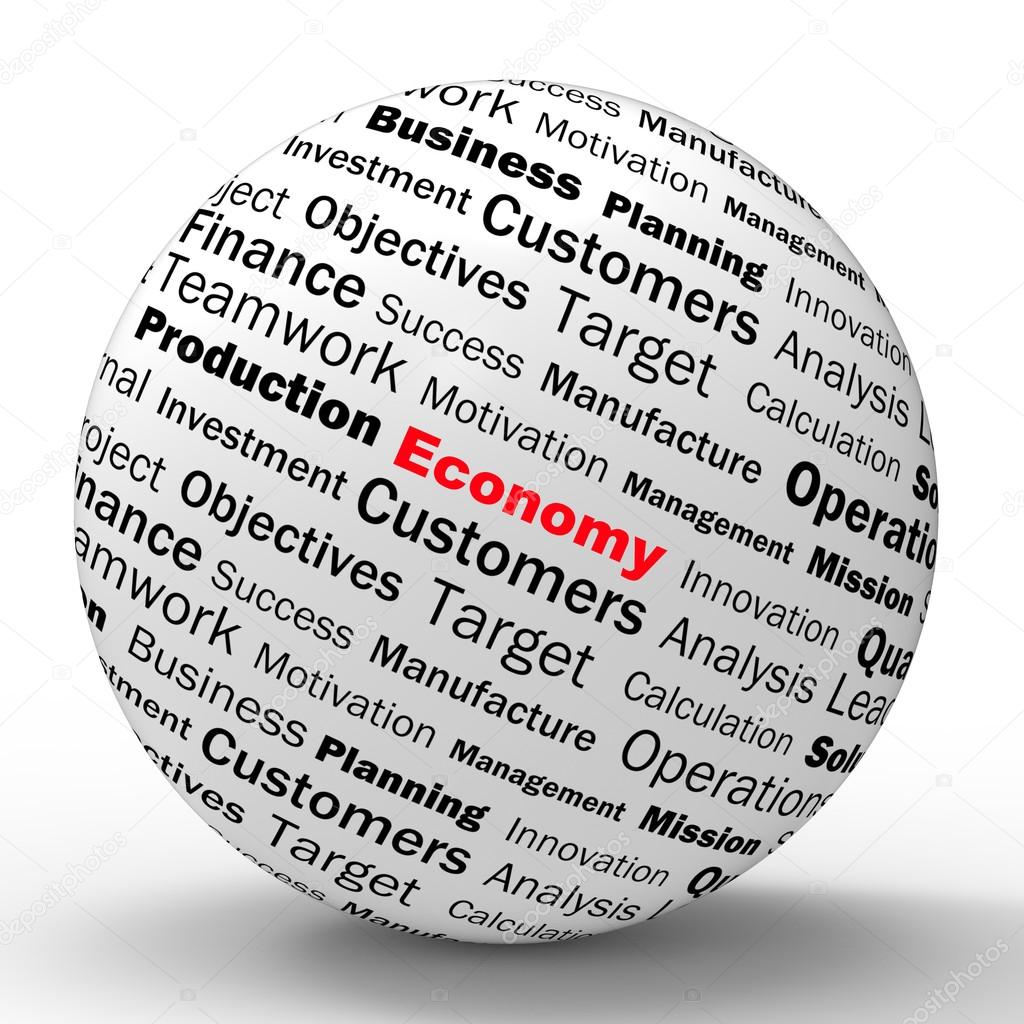Economics Definition been defined differently by different writers. The founders of economic science Adam Smith John Stuart Mill nml others defined it as the science of wealth This definition was 100 materialistic It need too much emphasis on wealth and too little on man and his welfare
Towards the end of the nineteenth century Alfred Marshall defined economics in terms of human Activity Political Economics Is a study of man s actions in the ordinary business of life It enquire., how he pets his income and how he spenls it Marshalls definition emphasised two invariant points tr (1) economics is concerned with man and (u) economics Is concerned only with the wealth petting and the wealth using activities of man (not with all aspects of human activity.
Economics Definition By Marshall
For a long time Marshall’s definition was generally accepted as the best possible definition of economics It was however not n precise definition It did not indicate the real nature of economic activities nor did It cxjm how economic problems originate
According to Hobbins economics is the science which studies human behaviour as a relationship between ends and scarce means which line alternative uses This definition emphasises the following points
Human activity is prompted by the desire to secure certain ends or objects There are many possible ends All the en Is arc no} of equal importance Some nrc deSired wait greater intense than others Put the ends provide the motive power behind hum in activity
A man can use bis labour for producing production, consumption and distribution of wealth among various nations in the past;foodstuffs or for pointing a picture The scarcity of means forces men to choose between different means with a view to adjust the available means to the desired ends
According to Robbins scarcity of means to satisfy ends of varying importance is the characteristic feature of human life Scarcity creates certain problems and economics is the science which deals with these problems Economics should therefore be defined in terms of scarcity and not m terms of wealth or in terms of welfare Economics is concerned with the forms assumed by human behaviour in the disposing of scarce means or the allocation of scarce resources .
Economics Definition By Robins
Robbins definition of economics has become very popular m recent times Most modem economists use his definition or some variant of it But there arc critics who have pointed out certain inadequacies in the definition The principal criticisms arc mentioned below
The definition of economics as given by Robbins does not attach due importance to the social character of economics The economist is not concerned with individual behaviour or with individual! ends unless and until the individual’s acts have consequences on other people’s behaviour or ends The problems of Robinson Crusoe arc of no importance to the citizen of the modern world Cairncross* suggests that to emphasise the social character of «economics the definition of Robbins should be modified as follows ‘Economics is a social science studying how people attempt to accommodate scarcity to their wants and how these attempts interact through exchange ’
Boulding’ points out that Robbins definition makes the jurisdiction of economics too narrow According to him economics is not merely a study of scarce means but also of human welfare, for welfare is an end in itself
According to Robertson,4 the definition of Robbins is “at once too narrow and too wide” It excludes from economics such topics as organisational defects which lead to under employment of resources because these are strictly speaking not caused by scarcity of means On the other hand the problem of allocation of scarce resources is one which may arise in fields not generally included within the scope of economics (eg, the army commander in a battle or the cricket captain arranging his field) If economics is defined in terms of scarcity alone then topics like the above will come within the jurisdiction of economics and its scope will become too vule
Economics, the name of the science, formed from the noun economy.It is derived from the Greek language and originally meant ‘management of tho household’; and in popular use it is still closely connected with tho idea of household expenditure, sinco we speak of a person sending his income with proper conorny, or being economical in his habits. But tho scientific use of the word has developed in a different direction : first it was used for management generally and not merely management of the household, and then more definitely for the management of tho State.
Now the Science of Economic* consist* of the study of the Laws of the Production, Consumption and Distribution of Wealth; or, speaking popularly, how men or nations get Wealth, and what they do with it. Each one of the words printed with a capital letter in tho last sentence needs careful examination.
The men who began tho study of the science were chiefly interested in finding out the principles on which the State should provide for the production of wealth, and because of this fact the science was at first named Political Economy, or in other words the economy, that is the management, of the State; but the word * political ’ itself has many meanings, and the shorter name Economics has gradually been adopted in its place. Economics has nothing whatever to do with being economical; we may praise a man for avoiding waste, that is, for being economical, but the science of Economics has nothing to do with praise or with blame.
